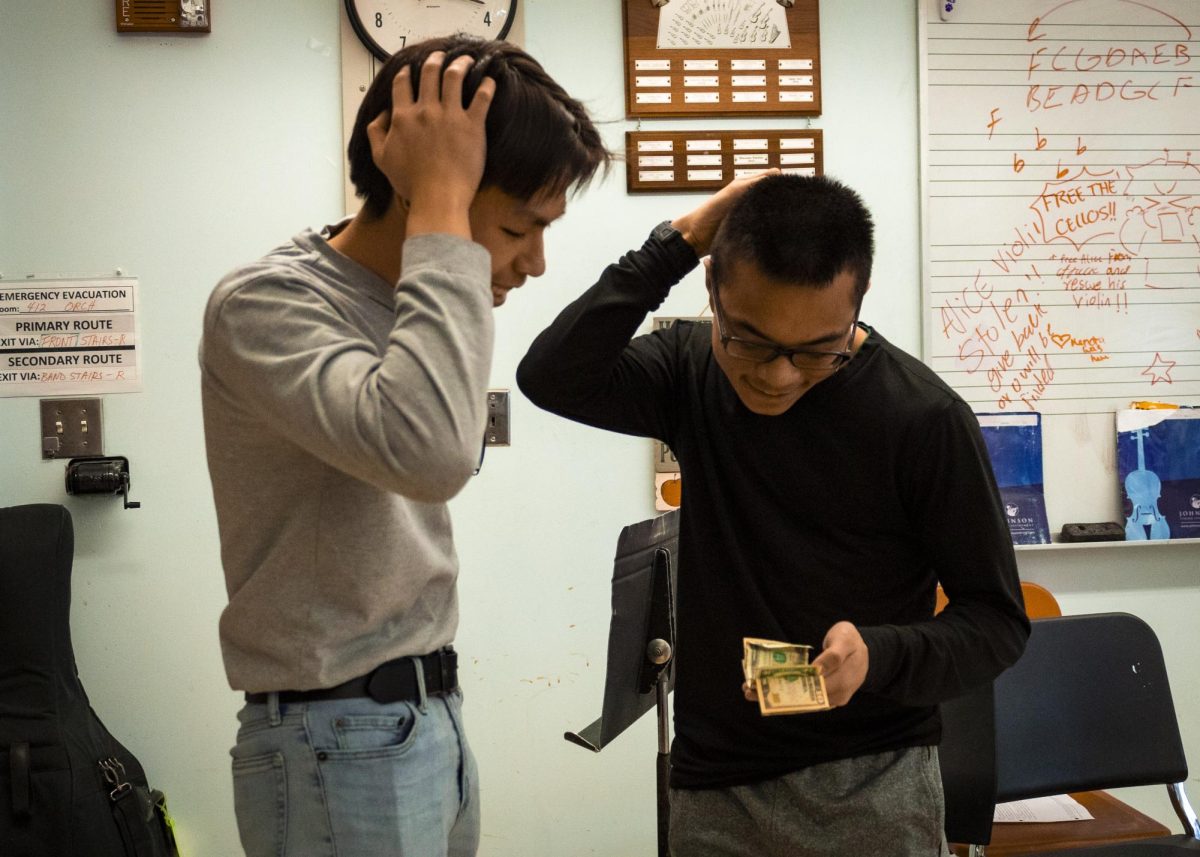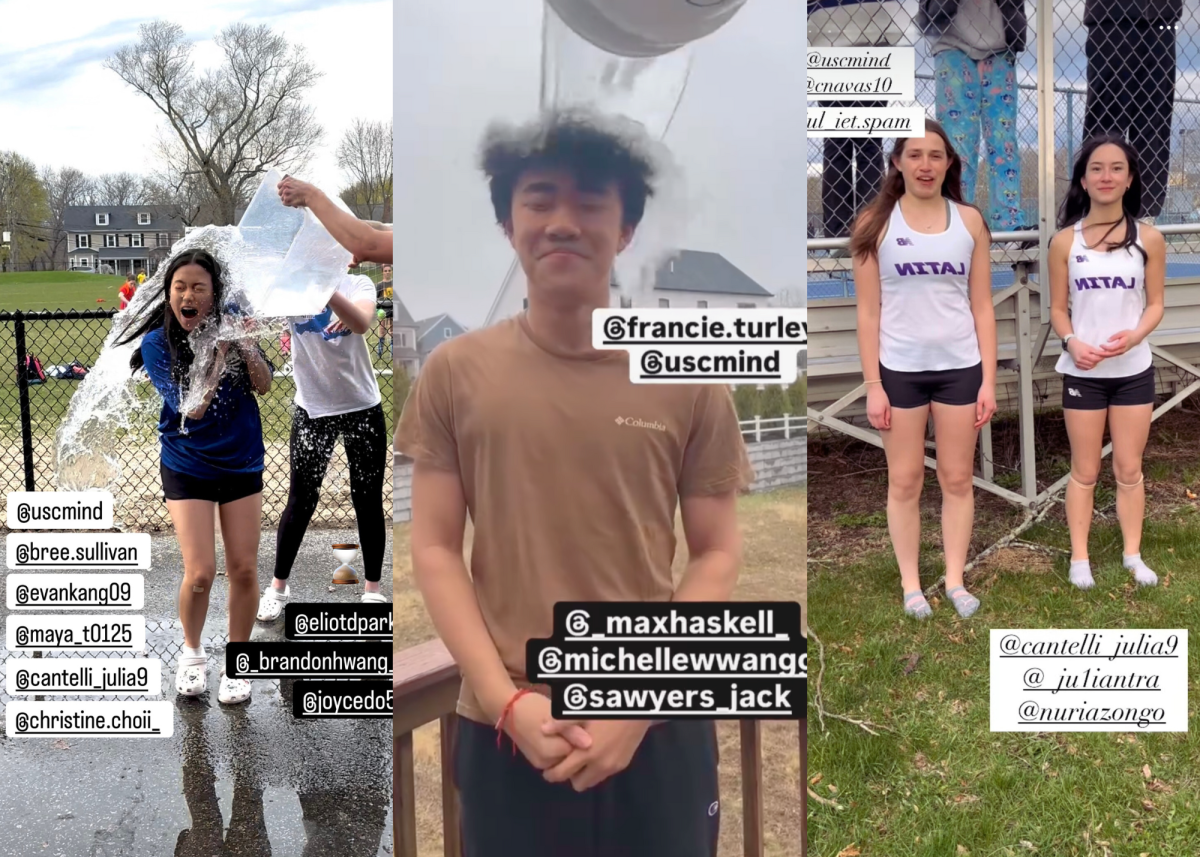It is that gut-wrenching time to check your college decision letter. As you open the portal, a wave of excitement fills your body as you read the first word: “congratulations.” Reality, however, hits when you realize that you cannot afford to go to the school of your dreams. Everything you have worked so hard for at Boston Latin School comes crumbling down as your scholarship and financial aid awards are not enough.
All college students should be charged an affordable price. BLS College Resource Assistant Ms. Sydney Lang states, “There’s a large number of students who are unable to pay out-of-pocket for school but don’t qualify for a lot of need-based aid, so then they’re kind of stuck.” Many of these kids lean on scholarships to make ends meet. Most scholarships, however, are extremely competitive and require a tedious application process. Scholarships should be expanded, as they have the most potential to relieve the student debt crisis and financial stress on families.
Navigating through high school is already stress inducing. Keeping up with grades and extracurriculars is a difficult task, but scholarships like the Coca-Cola Scholars Foundation and the Gates Cambridge, which offer huge sums of money, are even harder to secure. Zoe Awa (I) says, “When we focus on scholarships, we always give them to A-plus students or those [with] a certain GPA. […] I think it’s important to have big scholarships that focus on helping everyone.” There are kids who face financial burdens that are also smart, but do not meet enough of the requirements to win these scholarships.
Since large grants are hard to win, students are usually better off applying for smaller scholarships. Kids have to balance doing their school work with grueling applications. These scholarships sometimes make applicants write multiple essays and go through interviews without a guarantee of any reward. These scholarships, furthermore, are only available for a very small number of kids, out of the huge number that apply. A larger quantity of scholarships should be based on financial means-testing and have shorter essays, in turn expanding accessibility.
There has been some progress when it comes to making college more affordable. Elite colleges like Harvard and the Massachusetts Institute of Technology have recently become tuition-free for families who make under 200,000 dollars per year. BLS College Advisor Ms. Alyssa Frank remarks, “This is actually something that these colleges were already doing.”
Although these programs help make college affordable, there is still the dilemma of being “too rich” to get full aid but “too poor” to actually afford the school. Elite colleges should focus more on fundraising for scholarships that make their institutions more affordable. Making scholarships more accessible and easier to win will allow a broader range of people to access elite universities.








